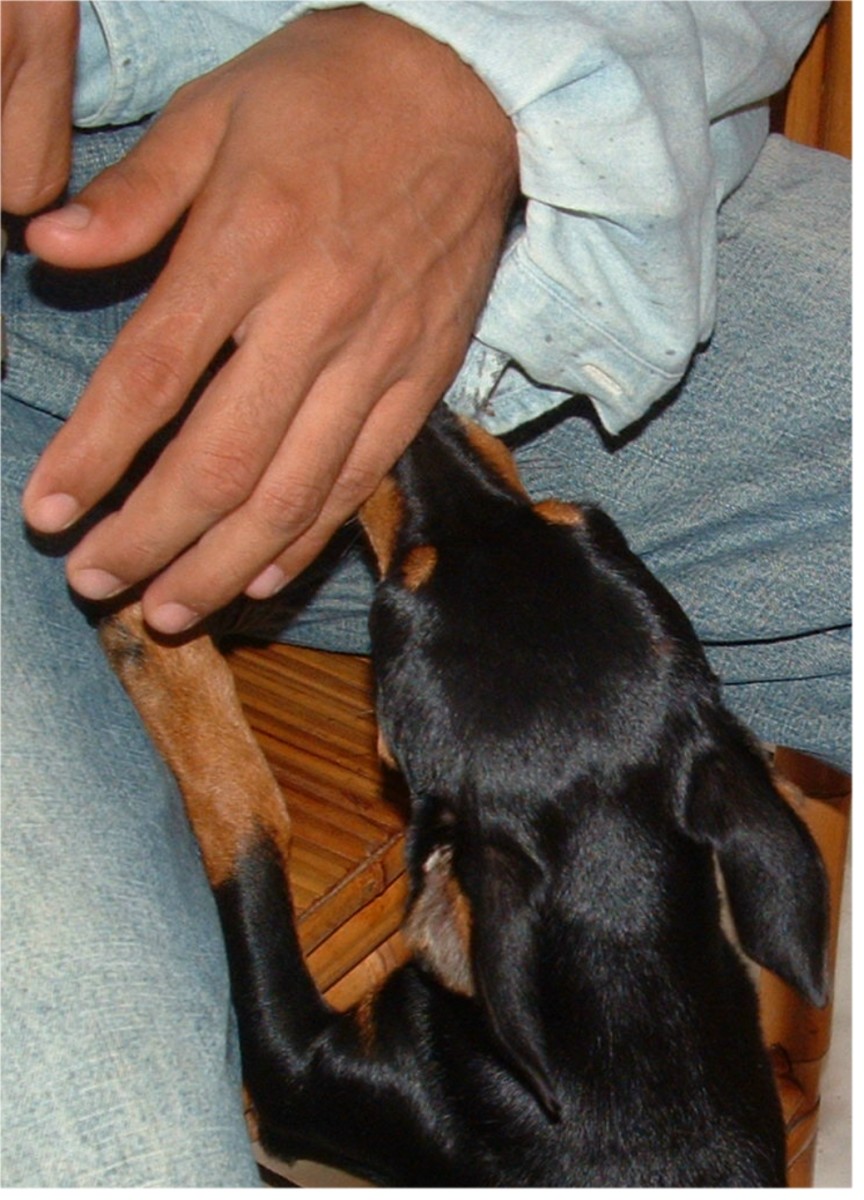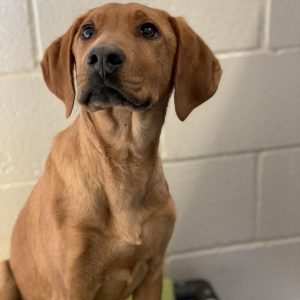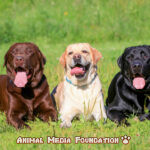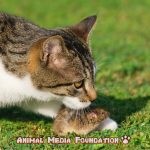Why would my newly adopted puppy growl at me whenever I try to pick him up or hug him sometimes?
Bringing home an adorable new puppy is incredibly exciting. You've likely been looking forward to having your new furry friend to cuddle and bond with. So it can be confusing and concerning when your new puppy growls or snaps when you try to pick him up or give him a hug.
Rest assured, this reaction is normal and with some patience and proper training, you can help your new puppy feel comfortable with handling. Here’s why a new puppy might growl when picked up, and how to help him adjust.
Common Reasons for Growling
There are a few common reasons an adopted puppy may react negatively sometimes when you try to pick him up:
1. Fear or Discomfort with Handling
Young puppies taken from their mothers and littermates early on can be skittish and uneasy with human handling at first. Being picked up and restricted can feel scary or stressful. Growling or squirming is their way of signaling fear or discomfort.
2. Lack of Trust and Bonding
Building real trust and bonding takes time. An adopted puppy doesn’t know you yet, so being grabbed by a stranger can seem threatening. He needs repeated gentle handling to learn you’re safe and can be trusted.
3. Pain or Sickness
Occasionally growling could indicate an underlying health issue like injury, joint pain or illness causing discomfort when handled. Check with your vet if growling seems frequent or intense.
4. Asserting Independence
Around 8-10 weeks old, puppies become more independent. Growling when you reach for them can signal a desire for autonomy. Respecting some independence while reinforcing rules and manners is key.
The most common reason is simple fear or discomfort due to unfamiliarity. With dedicated training using positive reinforcement, you can teach your new puppy to enjoy snuggles in no time!
Tips to Help Your New Puppy Enjoy Being Handled
The key to helping a fearful, growling puppy is taking things very slow and letting him warm up at his own pace through positive experiences. Here are some do’s and don’ts:
Give Him His Own Safe Space
Provide a secure crate, pen or puppy-proofed room as your puppy's personal zone where he can retreat when feeling overwhelmed. Don't force interactions when he goes there.
Take Cues from His Body Language
Learn to read your puppy's body language so you know when he's open to handling or feeling nervous. Signs of fear include tucked tail, ears back, leaning away and whale eye. Let him come to you when he's feeling up for affection.
Use Treats and Toys to Build Positive Associations
Pair cuddles and handling with high-value food treats, favorite toys and lots of praise to help your pup associate being picked up with good things. Find what motivates him most to overcome wariness.
Start Slow with Petting and Hand-Feeding
Begin handling sessions by simply petting gently, hand-feeding kibble or having treats handy when you scoop him up. Keep sessions very short and sweet before placing him down again.
Practice Brief Hugs and Handling
Once your puppy seems comfortable with gentle pets and hand-feeding, try brief hugs for just 1-2 seconds before putting him down and rewarding him. Very gradually work your way up to longer handling as he relaxes.
Stay Calm and Patient
It’s essential not to react angrily or forcefully pull away growling puppies. This can make them more fearful and reactive. Gently set them down and try again later in a positive manner after a break.
### Seek Guidance from a Trainer
For extreme fear, anxiety or persistent aggressive reactions to handling, consult a certified dog trainer or behaviorist. They can assess your puppy’s signals, advise on his specific needs and work with you on counterconditioning.
With time, positive reinforcement and reading his communication signals, your new puppy will come to see your affection as an enjoyable part of bonding rather than anything to fear.
When to Worry About Growling Behavior
It’s very normal for newly adopted puppies to exhibit some wariness and occasional growls when getting used to unfamiliar handling. However, there are certain times when puppy growling warrants concern:
* Growling escalates to snapping, biting or lunging at hands frequently
* Aggression continues after the puppy settles in over 2-3 weeks
* Body language conveys intense, prolonged fear rather than temporary uncertainty
* Growling occurs with resource guarding over food, toys or sleeping areas
* Puppy often trembles, pants rapidly or hides when approached
If aggressive or extremely fearful reactions persist beyond the initial adjustment period, or if growling is paired with guarding behavior, talk to your veterinarian and a professional trainer or animal behaviorist right away. It’s critical to address the potential reasons behind this behavior during the early puppy imprinting stage.
The Importance of Socialization
One of the best ways to minimize fearful or aggressive handling responses is proper early socialization once your puppy has his vaccinations. This means gradually introducing him to a wide variety of people and experiences in a positive manner.
Exposure to all ages, appearances and handling styles while associating strangers with rewards helps puppies gain trust and confidence. Sign him up for reward-based puppy socialization or training classes. Also invite friends over regularly to meet him.
The more positive associations you can build around human interaction during the prime 3-16 week socialization window, the more comfortable he’ll be with handling long-term.
When Can I Expect My Puppy to Enjoy Hugs?
It varies based on your individual puppy's personality and background, but with consistent counterconditioning most adopted puppies come to tolerate and even enjoy hugging and cuddling between 4-8 weeks in their new home.
Fearful body language and occasional uncertain growls usually fade and turn to wagging tails, licks and snuggles as you build an affectionate bond through gentle handling techniques. Proper socialization also speeds up acceptance.
Stay patient, loving and positive - in time, those puppy snuggles will be well worth the wait!
References: Wikipedia.org






